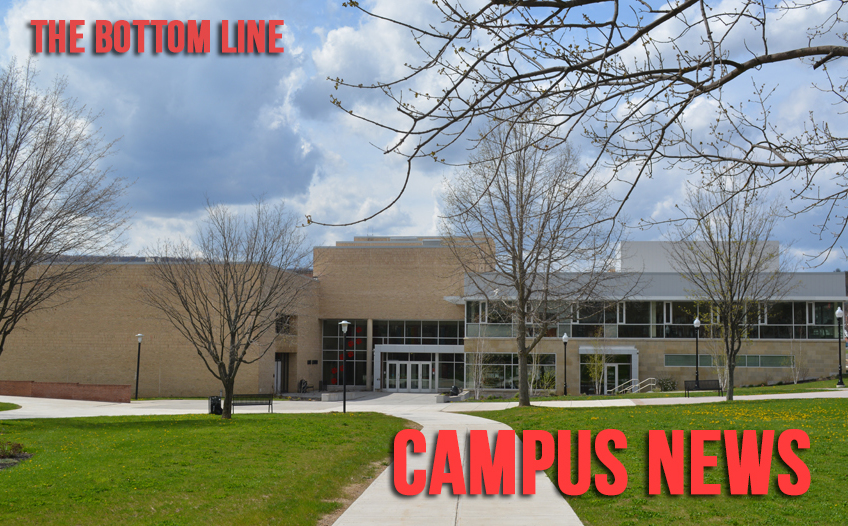Understanding The First Amendment
Recent events in New York City have brought up concerns over the type of speech protected within the First Amendment. New York City announced that it will now ban the terms “go back to your country” and “illegal alien” as well as ban threats to call Immigration and Customs Enforcement (ICE). These new offenses are punishable with up to $250,000 in fines. New York City’s Commission of Human Rights stated they were in the process of issuing new law enforcement guidelines on these forms of “discrimination”. These new restrictions may be placed under scrutiny because of conflict with the First Amendment.
When talking about restrictions on speech, it is important to look at what types of speech are actually protected under the First Amendment and what types of speech are not. The First Amendment states “Congress shall make no law…prohibiting the free exercise…or abridging the freedom of speech, or of the press; or the right of the people peaceably to assemble, and to petition the Government for a redress of grievances.” In saying so, there are certain types of speech the Supreme Court stated were not protected under the First Amendment. Some of these types of speech include obscenity, fighting words, libel or slander, lying under oath, blackmail, true threats, enticing crime, and speech directed towards lawless actions.
In a series of cases dating back to the 1960s, the Supreme Court has struck down restrictions on hateful speech unless the hateful speech directly enticed violence. This has also brought up a lot of worry about discrimination, hate speech, and the separation of hate-speech from a hate-crime.
A specific case that shed light on the difference between hate-speech and hate-crime most recently is that of Obeidallah v. Anglin. This case involved Andrew Anglin, the publisher of the neo-Nazi website Daily Stormer, who had told his viewers to harass Tanya Gersh, a Jewish realtor in Montana. Anglin originally claimed his speech was protected by the First Amendment, but due to his choice of words, the court ruled that his speech was unlawful. He was prosecuted to the fullest extent of the law.
The controversy is also rampant on platforms such as Facebook, Twitter, YouTube, and other publishing websites because these platforms are companies. This means they can set their own guidelines and regulations for what type of content is allowed to be on their domain. This type of privatized regulation is protected by law.


